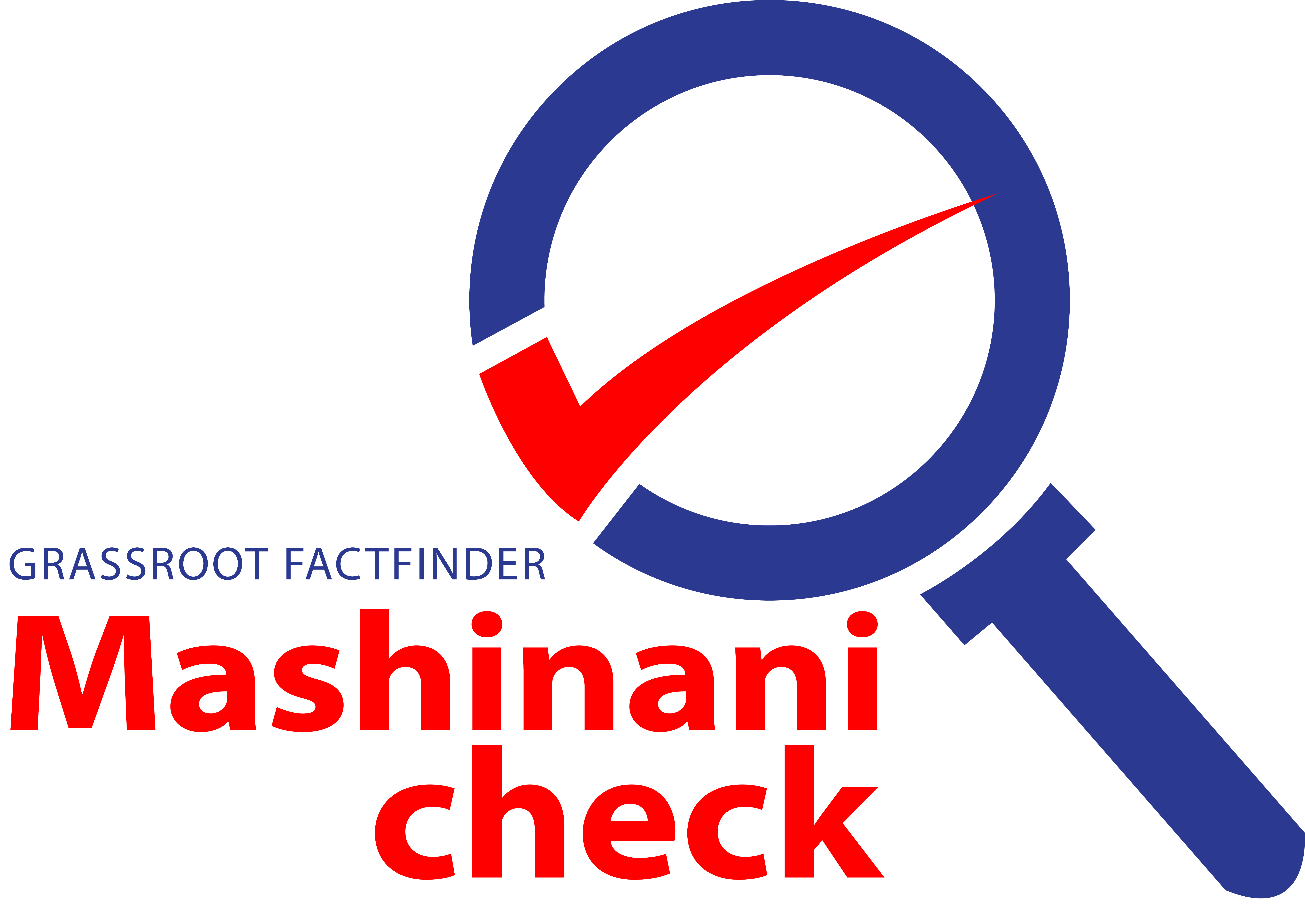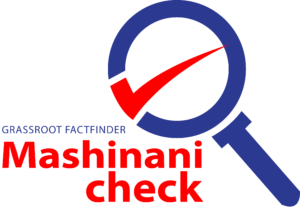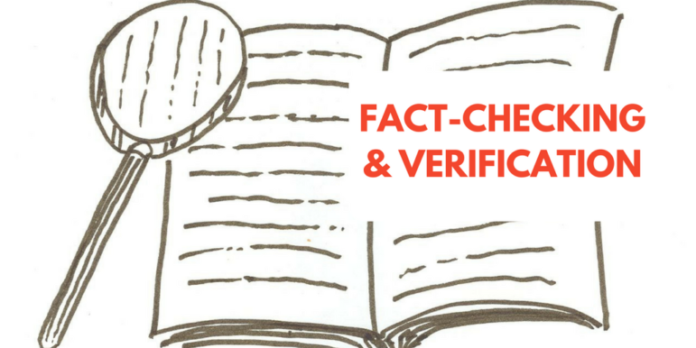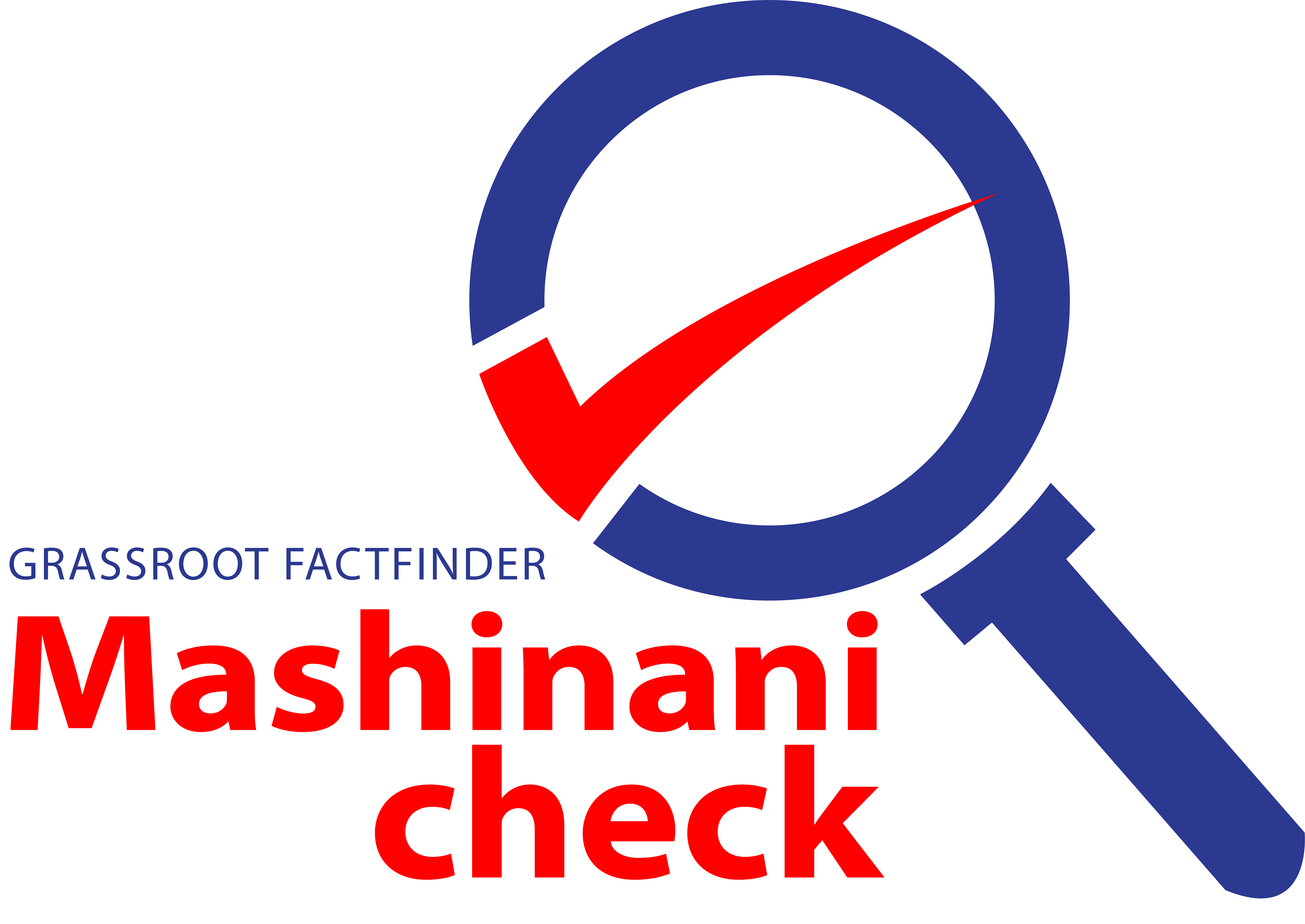BY JAMFEST
AI-generated false information has become more sophisticated and made it difficult for people to spot mis/disinformation. However, Van Wyk said: “It hasn’t become a very big problem in Africa yet, but we do expect as technology improves that we will be seeing some serious deep fakes”.

A few questions to ask yourself when you come across information on the internet or social media:
- If it sounds too good, shocking or unlikely to be true, question it, pause and make sure that you verify the information before you share it.
- If it triggers your emotions, if it makes you angry, or scared, or if it gives you hope, then pause and reflect, verify before, before you share it.
- If information is shared or spread, go look at credible news sources to verify the information.
- As yourself, who is the source of the information?
- With AI-generated images, look at the details such as fingers, ears, backgrounds and patterns.
Smith warned, “Don’t believe almost anything that you read on the internet, it is difficult to say because I believe that we still enjoy a vibrant news media and information-sharing community, you should be able to trust in news entities. But on social media, and with high consumption of information, always be sceptical of that information”. She explained the importance of media literacy, “we need to understand that news media as much as we have this utopian idea that everyone must be objective without bias and be completely independent, everyone has some kind of subjective angle on any kind of information that gets produced and it’s about the transparency and accountability of that information”.

She said that a good standard credible news article will lay out basic facts, will have multiple different sources from different angles on an issue and go a step further in unpacking context and depth whereas a mis/disinformation ‘news article’ will less likely have those similar elements and qualities. Smith suggested a need for digital media literacy programmes for children in primary schools and that the ability to discern information is a life skill that everyone needs. Smith added that it is the responsibility of organisations such as MMA to train people on fact-checking. MMA has various programmes it runs and offers such as the Spotters Network Programme, which aims to curb digital offences and ultimately create an online space that is free from hate speech, harassment and incitement, whilst simultaneously promoting truthful and accurate/credible news. Moses emphasised the importance of fact-checking organisations and encouraged people to reach out to experts who can help verify or fact-check information that is shared on social media platforms.
Source, Jamlab.Africa





